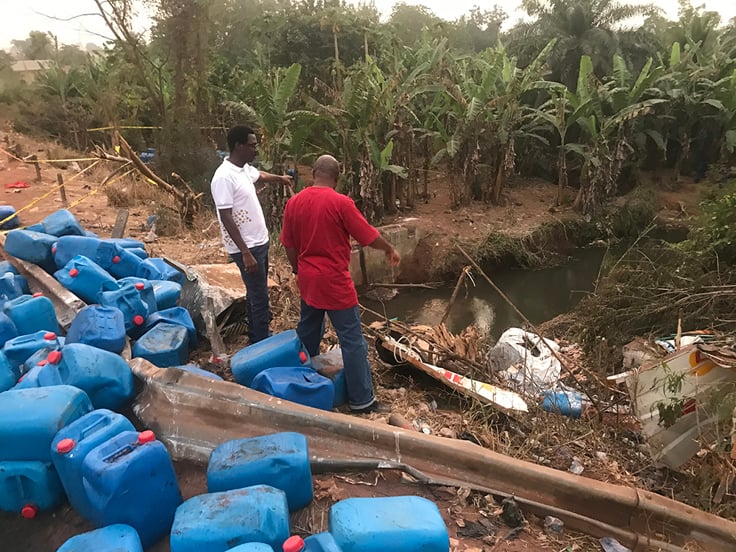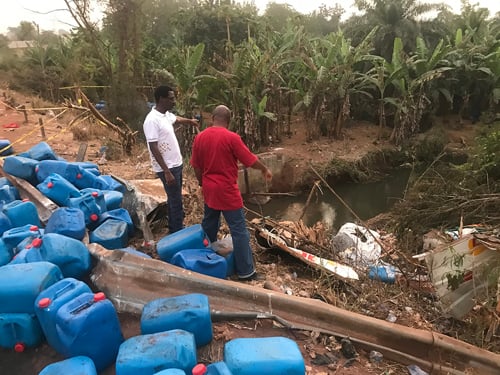NIPH's Global Health Preparedness Programme supports COVID-19 response in target countries
Article
|Published
In March 2020, the Norwegian Institute of Public Health (NIPH) has quickly readjusted support for International Health Regulation Regulations long-term implementation projects in four partner countries to support COVID-19 response.
The Global Health Preparedness Programme (GHPP) developed collaborations with national public health institutions in Ghana, Malawi, Moldova and Palestine, that contributed to processes related to evaluations of acute incidents of public health concern, the further development of instruments, and tools for monitoring and evaluations of the International Health Regulations capacities, such as the Joint External Evaluation tool.
The ongoing COVID-19 Pandemic has had an unprecedented impact on many aspects of life all over the world, including in Norway and in our collaborating countries. This has also impacted on the GHPP project. Most of the project’s original activities planned in 2020 were aimed at filling gaps in IHR core capacities and preparing for public health emergencies. During the implementation of these activities, we were facilitating the transfer of knowledge by linking the relevant Norwegian experts with the partners in the countries where we collaborate. The COVID-19 pandemic has necessitated both Norway and all our partner institutions to switch from a “preparedness mode” to a “response mode”, where planning, training and capacity building has shifted towards implementation and responding to the changing epidemiological situation. The demanding nature for all national experts in managing the pandemic, together with the limitations related to travel, has made a change in the approach necessary, while aiming to maintain the Project objectives.
Following consultations with the Norwegian Agency for Development Cooperation and the collaborating organisations in partnering countries, GHPP modified existing activity plans, putting on hold the less urgent preparedness projects and approved moving more of the remaining budget to COVID-19 response activities. To date, this emergency budget is used to fund a COVID-19 prevalence survey in Malawi, upgrade the equipment and functions of the emergency operations centre in Moldova and supporting contact tracing, surveillance and data management training in the greater Accra region, Ghana. It is noteworthy that even if substantial emergency aid funding was directed to these four countries by many international development partners, GHPP reaction was fast and effective, because we already have long-lasting and close collaborations and allocated budgets, and could avoid bureaucratic barriers related to resetting priorities and funding approvals.
GHPP will collect feedback from the collaborating countries on how the emergency funding was used and how useful having long-term preparedness projects like the GHPP which started in 2015, were to prepare for such a substantial crisis. Drawing on the experience from the COVID-19 pandemic will be useful to better target future funding and to engage in global discussions related to potential adjustments of the International Health Regulations.

